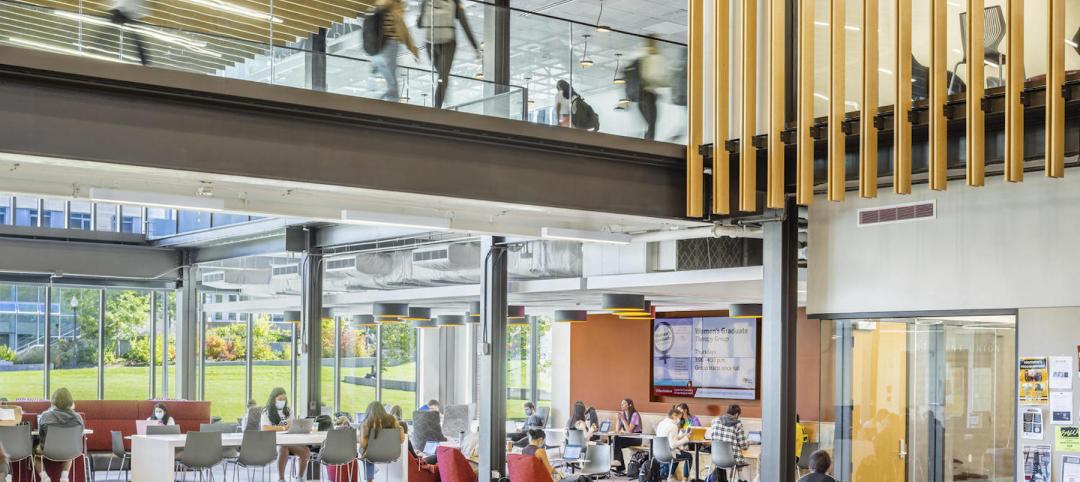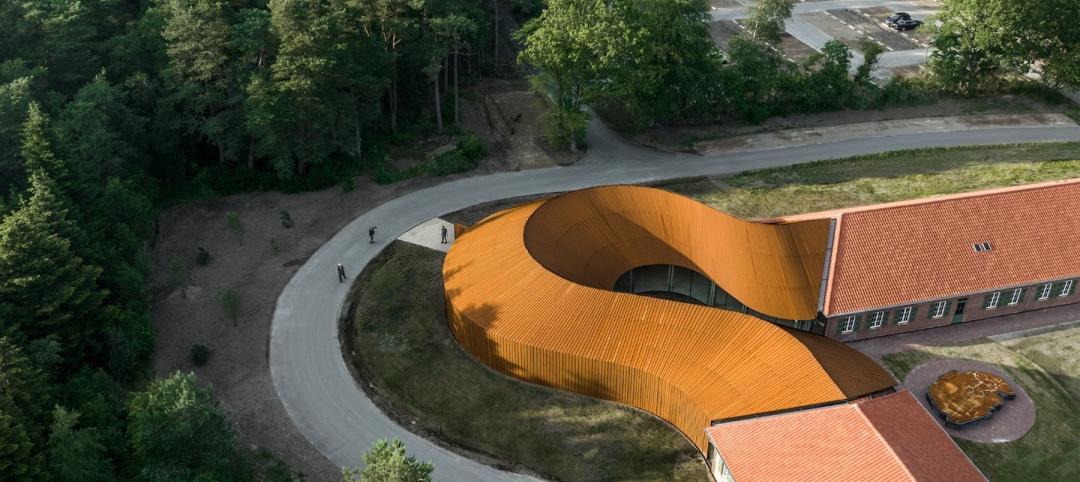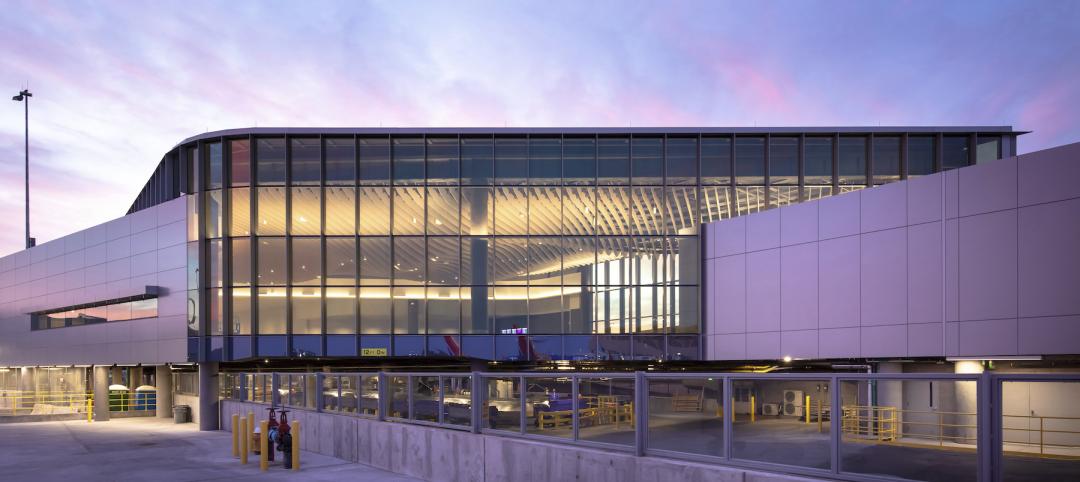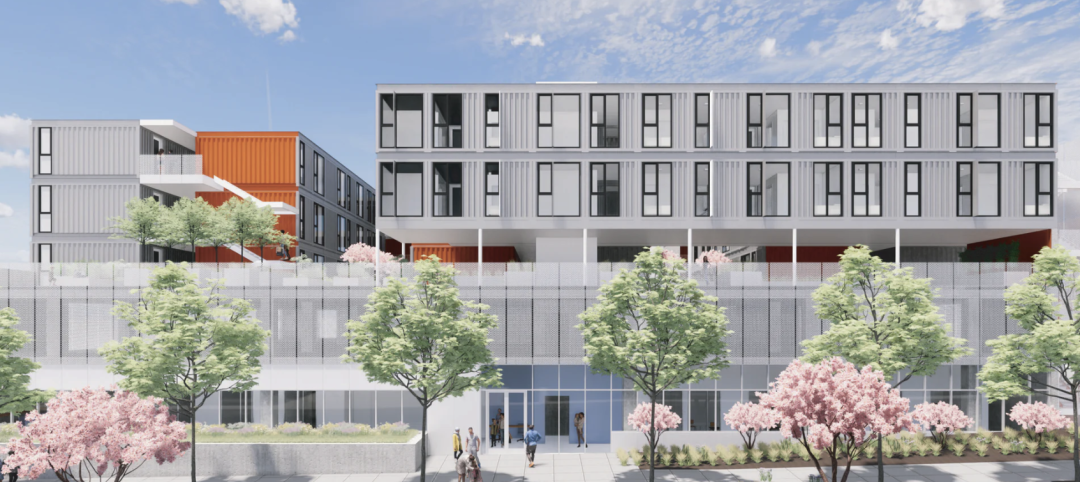November 2016 will most certainly go down in the books as one of the most memorable months in recent decades. If the Chicago Cubs winning the World Series in dramatic Game 7 fashion wasn’t enough to shock you, then the events that unfolded during the late evening on Nov. 8 likely were.
Regardless of which side of the aisle you stand on, election night was a jaw-dropping moment. Donald Trump’s own campaign advisors, along with some of his supporters and pundits, admitted to being astonished as the story unfolded on election night.
On the morning of Election Day, the New York Times set the odds of Trump winning at a scant 15%. “Mrs. Clinton’s chance of losing is about the same as the probability that an N.F.L. kicker misses a 37-yard field goal,” they wrote. Well, Hillary missed a chip shot, and the NYT editors—like many in the media—were left with egg on their face for grossly underestimating Trump’s chances. It was a Dewey Defeats Truman moment.
What does a Trump-led America (coupled with a GOP-controlled Congress) mean for the AEC industry? As with any election, it’s a mixed bag of the good, the bad, and the unknown.
The good: Trump proposes spending up- wards of $1 trillion to rebuild the nation’s roads, bridges, tunnels, water systems, and airports as part of a massive infrastructure bill. While not primarily buildings work, this level of investment would most certainly create real estate development opportunities and needs—whether directly or indirectly—for the AEC community. Infrastructure investment is one of the few pressing issues that garners almost universal support among political leaders in Washington. The trillion-dollar question is, How do we pay for it? Trump’s answer: public-private partnerships and other creative financing methods.
The bad: In his 100-day action plan, Trump outlines several measures that could hit AEC firms in the pocketbook in the near term. On the list is Obamacare, which Trump hopes to repeal and replace with traditional HSA and health insurance initiatives. This move could cause healthcare operators to take a “let’s wait and see” approach to real estate investments, much like they did during the implementation of Obamacare. Having healthcare owners hit the pause button for the second time in six years could severely impact AEC rms. At $87 billion in annual construction spending, healthcare is the largest sector in the nonresidential market.
The unknown: Given the GOP’s contentious relationship with Trump during the election cycle, we could be in for four more years of gridlock in Washington. It’s too early to predict how his ideas will be received by the house and senate.
A recent survey of 306 BD+C readers paints a picture of cautious optimism for AEC firms. Half of the respondents (50.3%) predict that 2017 will be an “excellent” or “very good” business year for their firm. More than half (55.3%) expect their firm’s revenue to increase next year; just 11.5% are forecasting a drop.
On the flip side, when asked to identify their biggest concerns heading into 2017, nearly a third (31.7%) cited “business impacts from the Presidential election” as a top-three burden— only behind “general economic conditions” and “competition from other firms.”
As we head toward Inauguration Day, all we can do is hope the President-elect delivers on much more good than bad.
Related Stories
Office Buildings | Jul 12, 2022
Miami office tower nears completion, topping off at 55 stories
In Miami, construction of OKO Group and Cain International’s 830 Brickell office tower is nearing completion.
University Buildings | Jul 11, 2022
Student life design impacts campus wellness
As interior designers, we have the opportunity and responsibility to help students achieve deeper levels of engagement in their learning, social involvement, and personal growth on college campuses.
Museums | Jul 11, 2022
Denmark opens a museum that tells the stories of refugees worldwide
Located on the site of Denmark’s largest World War II refugee camp, the new Refugee Museum of Denmark, FLUGT, tells the stories of refugees from the camp as well as refugees worldwide.
Codes and Standards | Jul 8, 2022
Inefficient supply chains, outdated project delivery systems hamper construction investment
Constructing and justifying the cost of physical assets such as a manufacturing plant is much more difficult than it was decades ago, according to a report by Steffen Fuchs, senior partner with McKinsey & Company.
Airports | Jul 8, 2022
Phoenix Sky Harbor Airport’s new terminal prioritizes passenger experience and sustainability
McCarthy Building Companies recently completed construction of the final concourse in Terminal 4 at Phoenix Sky Harbor International Airport.
Architects | Jul 7, 2022
Page acquires AE giant EYP to form 1,300-person international design firm
The combined firm will “be able to invest in research and thought leadership to co-create with our clients,” stated Page CEO Thomas McCarthy.
Building Team | Jul 7, 2022
Report explores improving architect/contractor relationship
A new study by the American Institute of Architects and the Associated General Contractors of America focuses on improving the relationship between architects and contractors.
Airports | Jul 7, 2022
Love at first flight: The power of first impressions in airports
As architects, how we design a terminal and choreograph the passenger experience can stir up strong feelings.
Building Team | Jul 7, 2022
Amenity-rich rental property in Chicago includes seven-story atrium with vertical landscaping
The recently opened 198-unit Optima Lakeview luxury rental apartment building in Chicago is bursting with amenities such as the region’s first year-round rooftop pool, contact-free in-home package delivery, housekeeping services, on-site room service, fitness programming, and a virtual personal assistant.
Multifamily Housing | Jul 6, 2022
The power of contextual housing development
Creating urban villages and vibrant communities starts with a better understanding of place, writes LPA's Matthew Porreca.

















